In an era where digital connections often overshadow real relationships, the 2025 Mindful Psychology guidelines introduce a radical yet refreshing concept: relational decluttering. This approach, inspired by the Japanese philosophy of danshari (断舍离), challenges us to curate our social ecosystems with the same intentionality we apply to minimalist wardrobes or tidy homes. The premise is simple but profound—not all relationships nourish us, and some actively drain our emotional reserves.
The modern obsession with networking—both online and offline—has created a paradoxical loneliness epidemic. We boast thousands of "friends" while feeling profoundly unseen. Dr. Eleanor Watanabe's groundbreaking Stanford study reveals that the average adult maintains 27 active relationships at any given time, yet only 5-7 provide genuine emotional reciprocity. The rest? A mix of obligatory ties, nostalgia anchors, and what sociologists now term "zombie relationships"—connections that persist not because they bring joy, but because no one has dared to pull the plug.
Relational decluttering isn't about ruthless cutting but mindful pruning. Like master gardeners, we're encouraged to identify which relationships bear fruit and which merely take up sunlight. The Mindful Psychology framework proposes three diagnostic questions: Does this person help me become my best self? Do our interactions leave me energized or depleted? If this relationship ended tomorrow, would I fight to save it? The answers often surprise even the most self-aware individuals.
Cultural resistance to relationship endings complicates this process. We're taught that longevity equals value, that decades-old friendships must be preserved like museum artifacts. Yet therapists note how many clients suffer from "emotional hoarding"—clinging to toxic bonds out of guilt or habit. The 2025 guidelines emphasize that some relationships have expiration dates, and that's neither failure nor betrayal. Childhood friends may grow in incompatible directions; work spouses often fade after career changes. These endings aren't tragedies but natural evolutions.
Digital spaces present unique challenges. Social media transforms casual connections into perpetual audience members, their silent judgments weighing on us. The guidelines suggest conducting "notification audits"—tracking which profiles trigger anxiety when they appear in feeds. Unfollowing isn't hostility; it's creating breathing room. Even group chats require evaluation. That college thread where you haven't spoken in years? Perhaps it's time for a graceful exit rather than enduring the daily ping of inside jokes you no longer understand.
Family ties require special consideration. The Mindful Psychology approach discourages absolute cuts except in abusive situations, instead advocating for "boundary gardening"—planting clear limits while allowing selective closeness. This might mean monthly dinners with a critical parent instead of weekly calls, or choosing to discuss neutral topics with a politically opposite sibling. The key is replacing guilt with intentionality, understanding that limited contact isn't lack of love.
Workplace relationships demand similar discernment. The guidelines warn against "professional promiscuity"—networking so expansive it becomes meaningless. Better to cultivate 3-5 authentic mentor/peer bonds than collect 500 LinkedIn connections. Post-pandemic, many report increased happiness after leaving exhaustive work friend groups that functioned more like emotional labor pools than genuine communities.
The rewards of relational decluttering manifest physically and psychologically. UCLA researchers found participants who reduced obligatory socializing experienced 18% lower cortisol levels and reported higher life satisfaction than control groups. Neurologically, freeing mental space from draining relationships allows deeper investment in nourishing ones, creating what's termed the "bonding dividend"—enhanced connection quality that compounds like interest.
Implementation requires courage. The guidelines suggest starting small—perhaps letting one lopsided friendship fade naturally, or finally leaving that WhatsApp group that hasn't sparked joy in months. Many find writing relationship obituaries helpful: brief acknowledgments of what a bond once gave them and why it no longer serves. Not every separation needs drama; some can whisper away.
As society grapples with connection inflation—the devaluation of relationships through sheer quantity—the 2025 Mindful Psychology guidelines offer a timely antidote. By applying Marie Kondo-level intentionality to our social spheres, we don't lose love; we concentrate it. The path to richer relationships might just require having fewer of them. In the end, relational decluttering isn't about having empty spaces, but about making space for what truly matters.

By /Jul 28, 2025

By /Jul 28, 2025
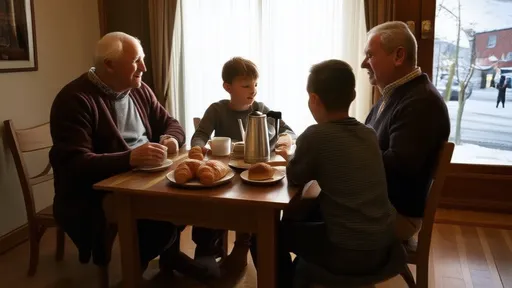
By /Jul 28, 2025
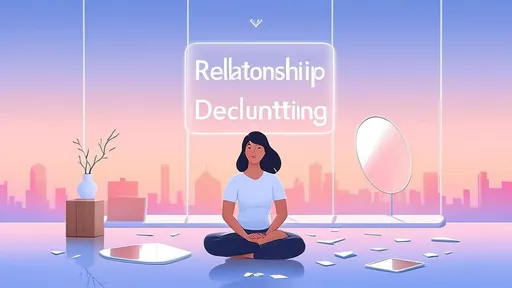
By /Jul 28, 2025
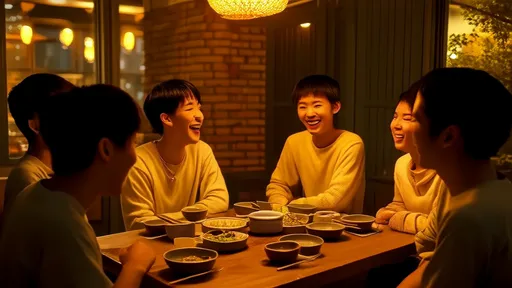
By /Jul 28, 2025
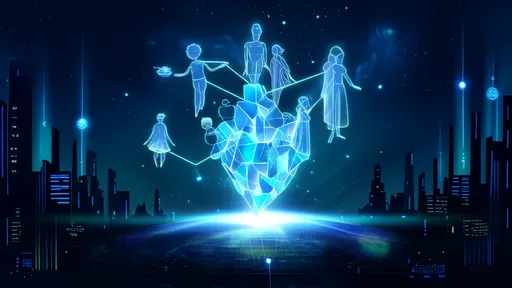
By /Jul 28, 2025

By /Jul 28, 2025

By /Jul 28, 2025

By /Jul 28, 2025

By /Jul 28, 2025

By /Jul 28, 2025

By /Jul 28, 2025

By /Jul 28, 2025
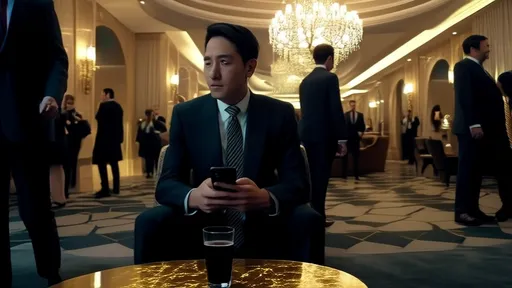
By /Jul 28, 2025
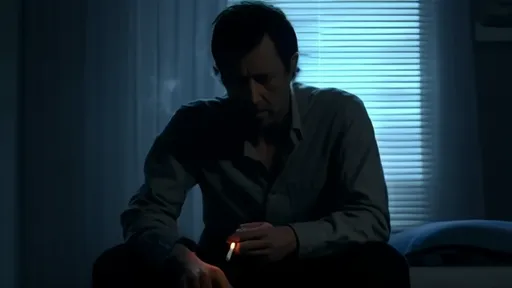
By /Jul 28, 2025

By /Jul 28, 2025

By /Jul 28, 2025

By /Jul 28, 2025

By /Jul 28, 2025
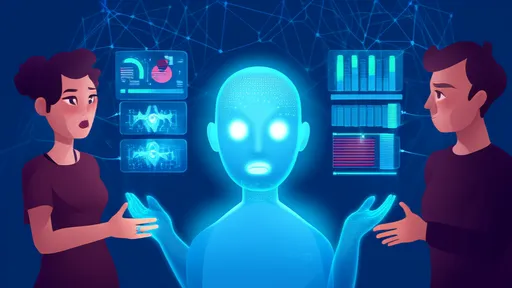
By /Jul 28, 2025